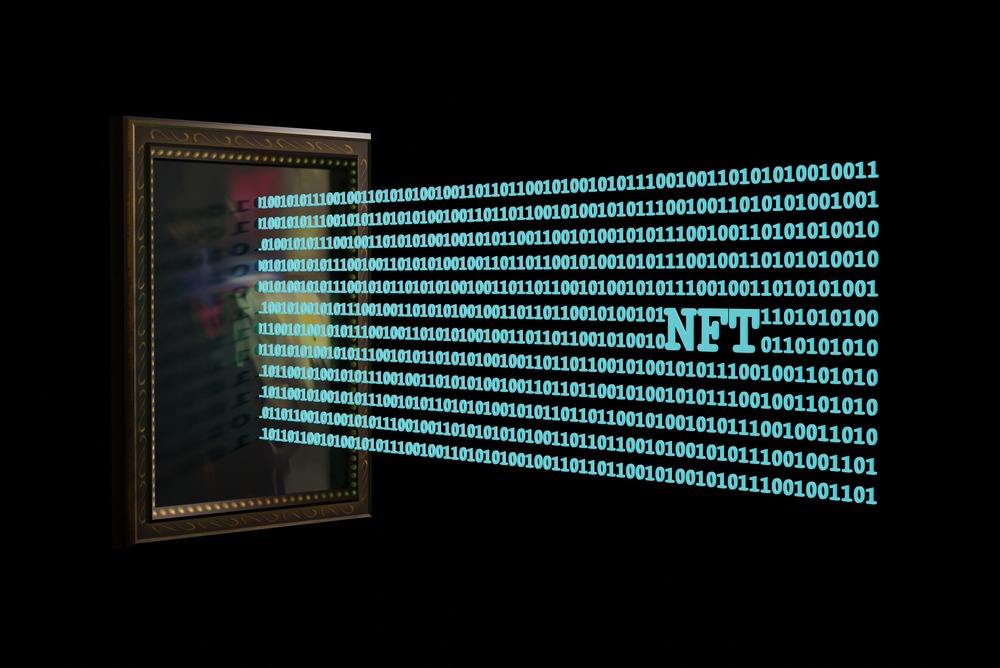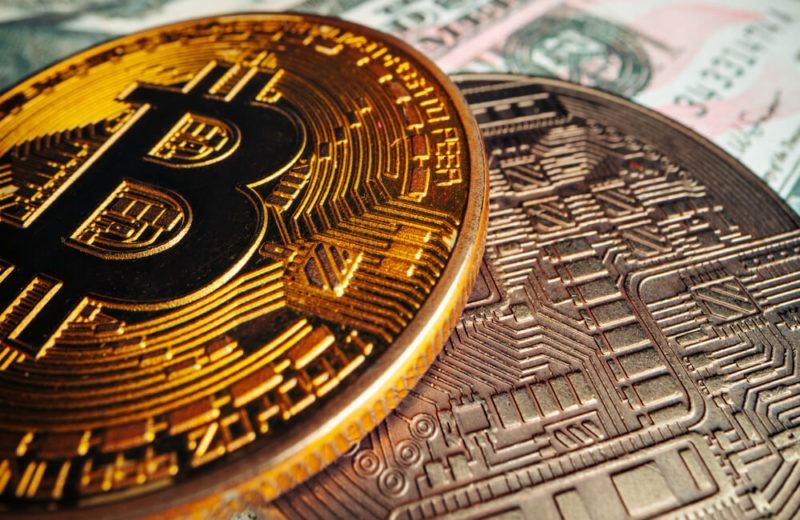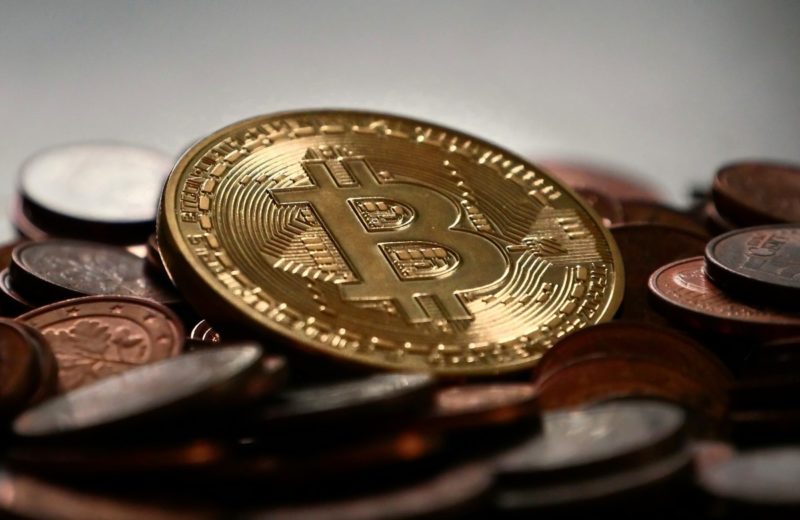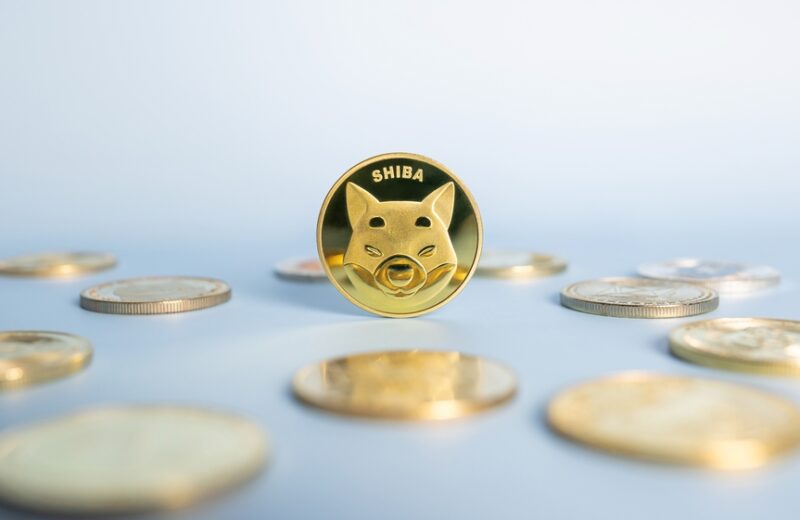According to the Department of Treasury, the growing use of art as an investment or financial instrument might render high-value art markets vulnerable to money laundering.
The US Treasury Department recently issued a report on the high-value art market. It suspected the possibility for illicit money laundering and terror funding in the nonfungible tokens (NFT) arena.
The expanding use of art as an investment or financial instrument, according to the Treasury Department’s “Study on the Facilitation of Money Laundering and Terrorist Financing through the Trade in Works of Art,” might make high-value art exchanges vulnerable to money laundering:
“The rising online art market may introduce new risks depending on the structure and incentives of a specific behavior in this section of the market.”
Ownership of Property Is Affected
The relevance of NFTs in reflecting ownership of digital and physical property that is managed and controlled via smart contracts and digital wallets is highlighted in the paper. Moreover, the Treasury further emphasizes that the buyer and seller, not the market, set the price of NFTs. “The market for NFTs created a record $1.5 billion in transactions in the first three months of 2021, according to US authorities, rising 2,627 percent over the previous quarter.”
However, the NFT industry alone should be worth more than $20 billion in 2020. The US Treasury argued that criminals may buy NFTs with illegal cash. Afterward, they might resell them to an unsuspecting collector “who would reward the offender with clean monies unrelated to a past crime.”
Brenda Gentry, a former USAA mortgage underwriter who became a crypto entrepreneur, recently spoke about how the cryptocurrency ecosystem gave her a fighting opportunity to break free from poverty’s generational curse.
Gentry, a.k.a. MsCryptoMom, quit her ten-year job as a banker. She decided to pursue a full-time crypto profession after her early 2020 investments proved the “unique prospects given by crypto.”
Gentry recognizes the steep learning curve in cryptography and provides instructional resources on her website.
















